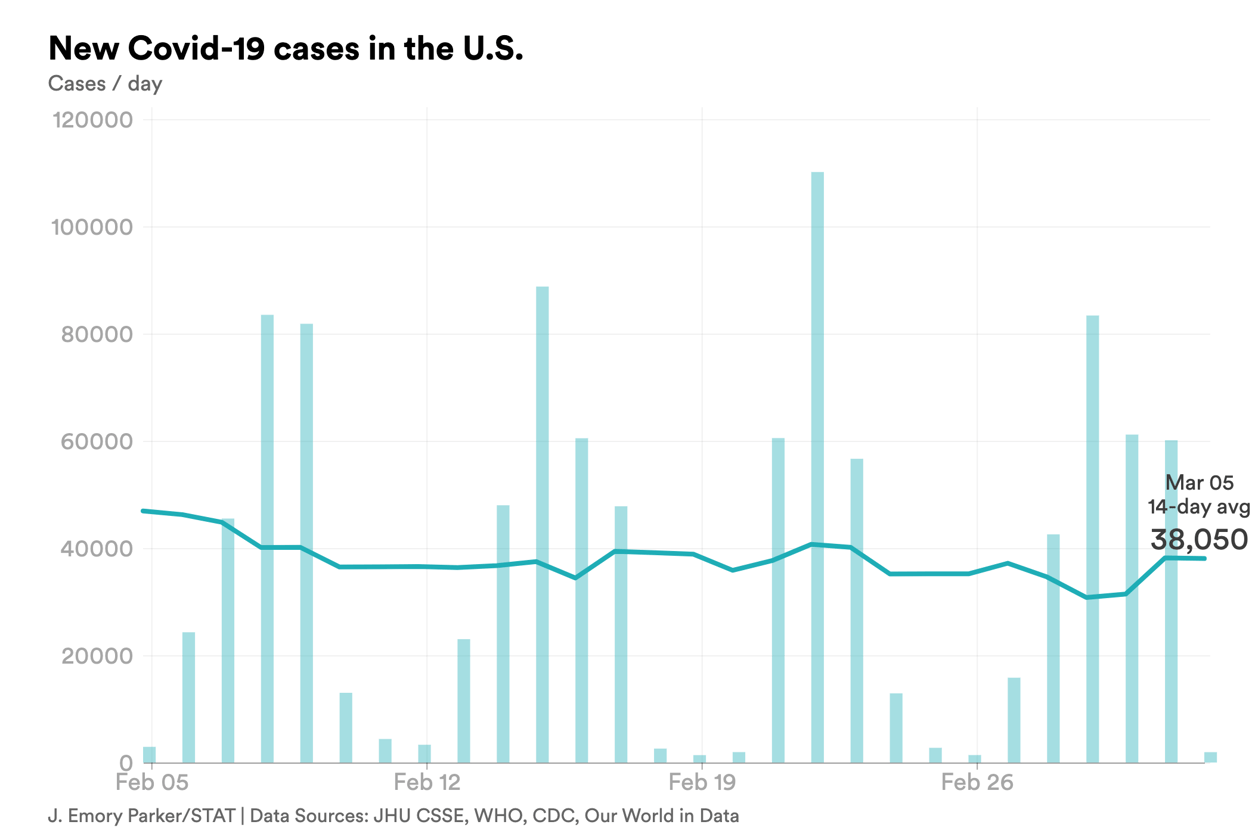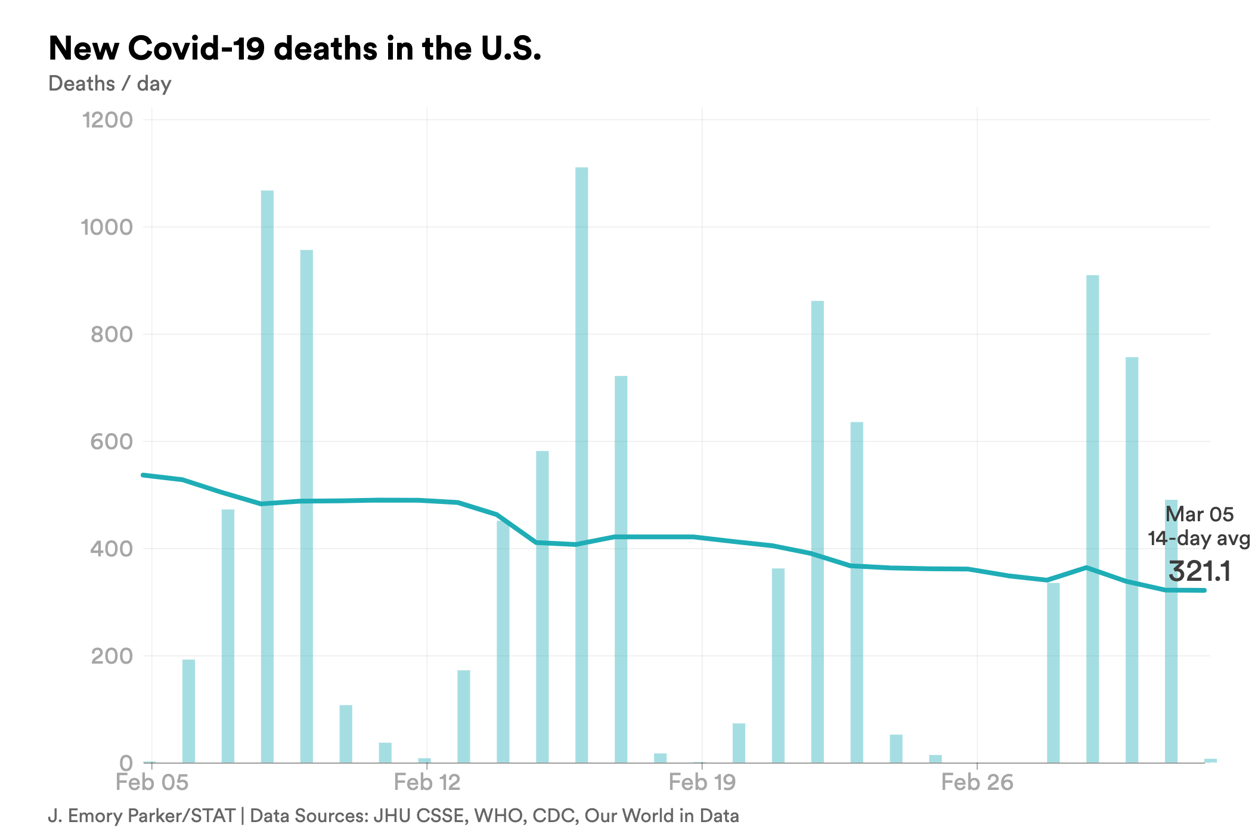Closer Look
Life on the edge: Lessons to be learned from the dogs of Chernobyl

Clean Futures Fund
They're not supposed to even exist. After the Chernobyl nuclear accident 37 years ago, soldiers were charged with putting down residents' dogs after the meltdown to prevent spreading radiation. But in addition to moose, birds, and even the truly wild horses that roam the 1,000-square-mile irradiated and largely human-free zone, you can find some "semi-feral but nevertheless totally good boys" hanging outside the Chernobyl cafeteria, STAT's Jason Mast writes, waiting for scraps from the workers who still keep the plant in order.
The dogs have much to teach us, researchers propose in their new Science Advances paper. Their analysis suggests the animals are in fact descended from pets left behind by townsfolk who fled the disaster in 1986. Now scientists can query the dogs' genomes to learn how they survived for generations under extreme radiation. "It's a nuclear armageddon, it's kind of Orwellian," said study co-author Tim Mousseau. "But it's actually extremely useful to us." Read more.
public health
CDC warns of measles exposure at Asbury University religious revival
Some people called it a "Woodstock" for Christians, when more than 20,000 people flocked to a spiritual revival held over two weeks at a small college in Kentucky. Now the CDC has alerted doctors and public health officials to be on the lookout for measles after a case was confirmed on Feb. 24 in an unvaccinated person who attended the gathering after recent international travel. While infectious, the person was at the religious event at Asbury University in Wilmore, Ky., on Feb. 17 and 18.
The CDC said anyone who was there on those two days and who is unvaccinated or not fully vaccinated against measles should quarantine for 21 days and watch for symptoms so they don't spread the highly contagious illness to others. Anyone with symptoms should isolate and call a health care facility before testing. Measles can cause severe health complications, including pneumonia, encephalitis, and death, the agency warns.
coronavirus
Long Covid tied to higher risk of cardiovascular problems
People experiencing long Covid symptoms for one year had a higher risk of cardiovascular complications such as stroke than people who were never infected with the virus, a new case-control study in JAMA Health Forum finds. Using insurance records, researchers compared more than 13,000 long Covid patients to more than 26,000 people without Covid-19 whose health histories were otherwise similar. The study focused on cardiovascular problems because so many patients diagnosed with Covid were receiving care for abnormal heart rhythms, blood clots, and stroke as well as respiratory disorders like asthma.
People with long Covid had a significantly increased risk for cardiovascular conditions, the researchers concluded. While other research has tied such outcomes to the severity of the initial Covid infection, they note that nearly three-quarters of the patients in the current study were not hospitalized. "Assessing ongoing needs of this population will be crucial," they write.
by the numbers




No comments